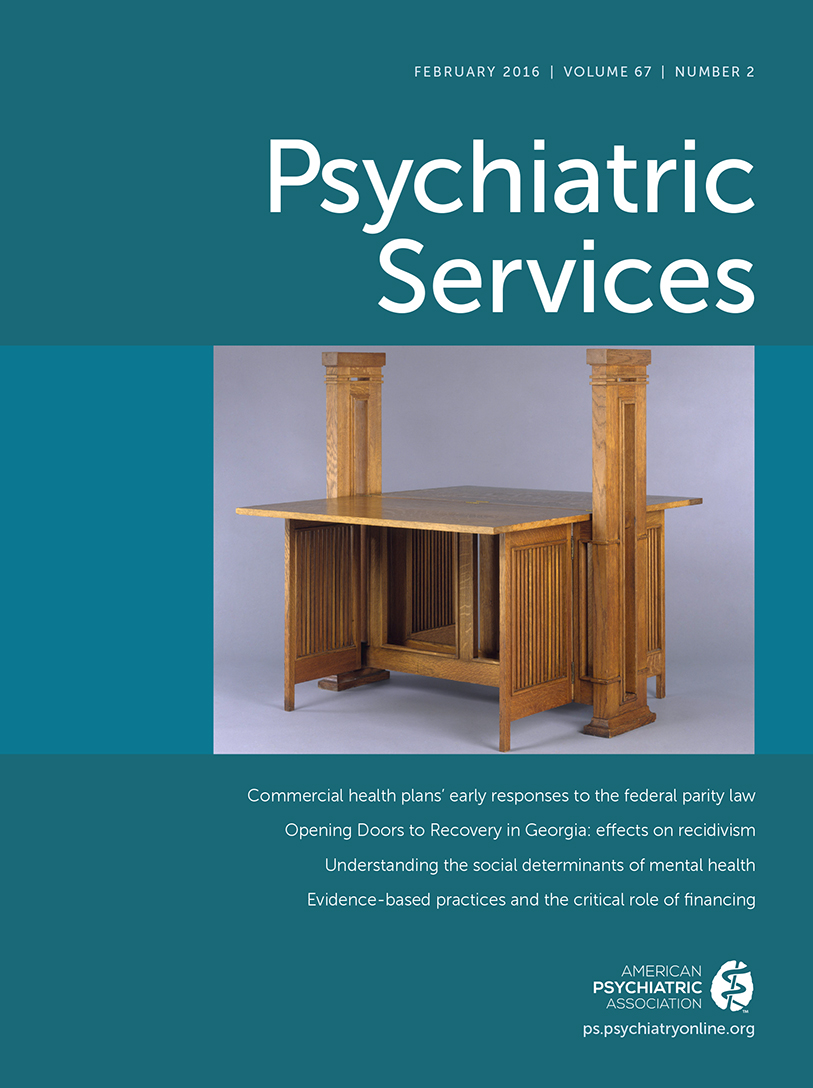Predictors of Relapse and Functioning in First-Episode Psychosis: A Two-Year Follow-Up Study
Abstract
Objective:
First-episode psychosis has an annual incidence rate of 24.6 to 40.9 per 100,000 population, and most individuals develop chronic disorders, such as schizophrenia or affective psychosis. The first two to five years are thought to be key determinants of long-term functional and clinical prognosis. This study aimed to determine the two-year course of illness in first-episode psychosis, including diagnosis, relapse, and functioning and factors related to these variables.
Methods:
A total of 140 patients who experienced a first episode of psychosis were recruited and evaluated between 2008 and 2012 in a first-episode psychosis program in Barcelona, Spain. Regression models were used to determine factors predicting relapse and functioning.
Results:
A general trend was noted toward improved functioning and less severe psychotic symptoms. However, after two years, one-third of the patients had a diagnosis of schizophrenia and more than 40% had a diagnosis of affective psychosis. Rates of relapse were 31% after one year and 43% at two years. Cannabis use after illness onset and poor insight were the best predictors of relapse. Being male and severity of negative symptoms at baseline predicted worse functioning at two years.
Conclusions:
Patients with first-episode psychosis were found to have high relapse rates during the first years after illness onset. Further studies evaluating treatment strategies focused on reducing cannabis use and improving insight in first-episode psychosis should be encouraged.



